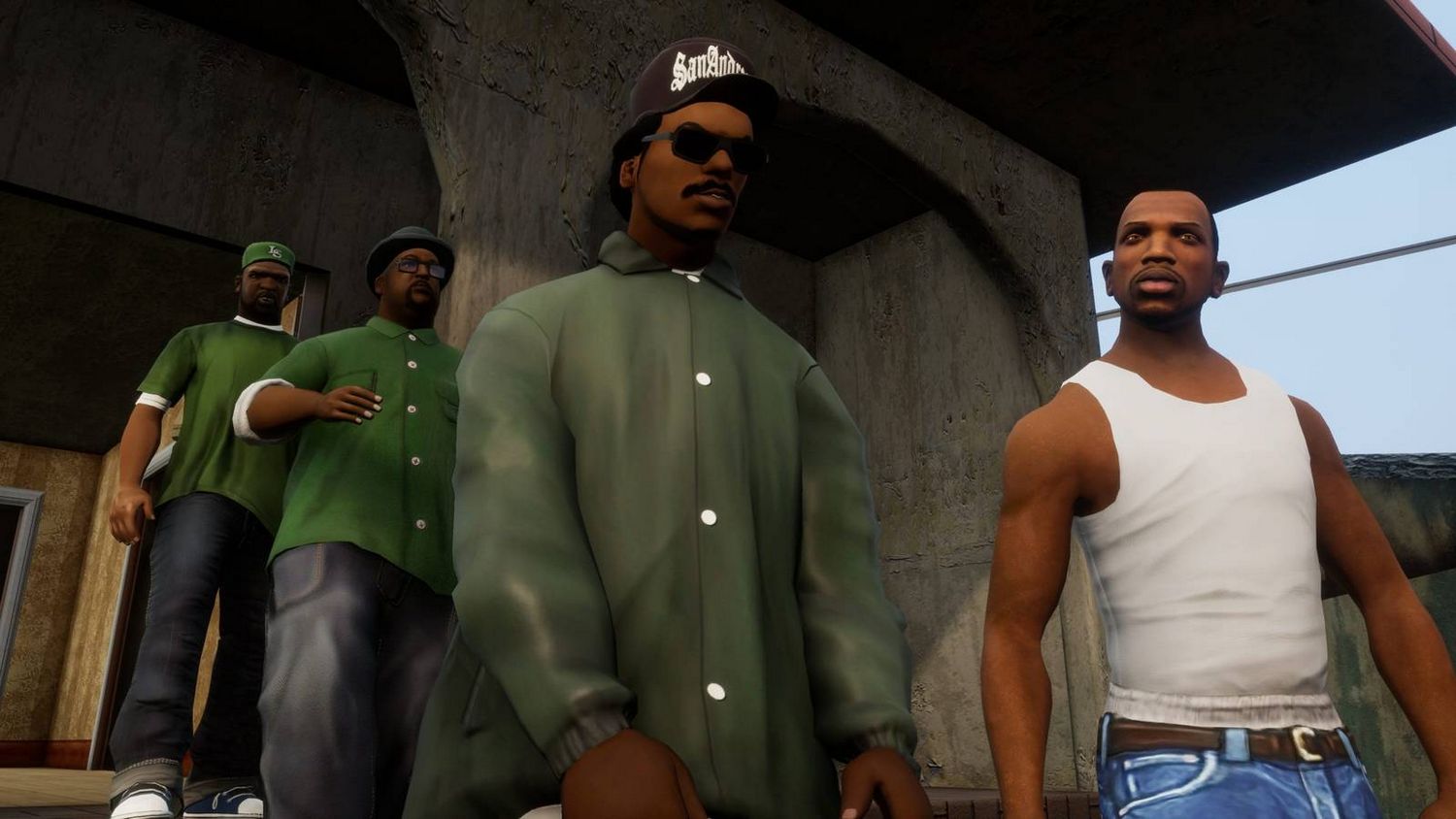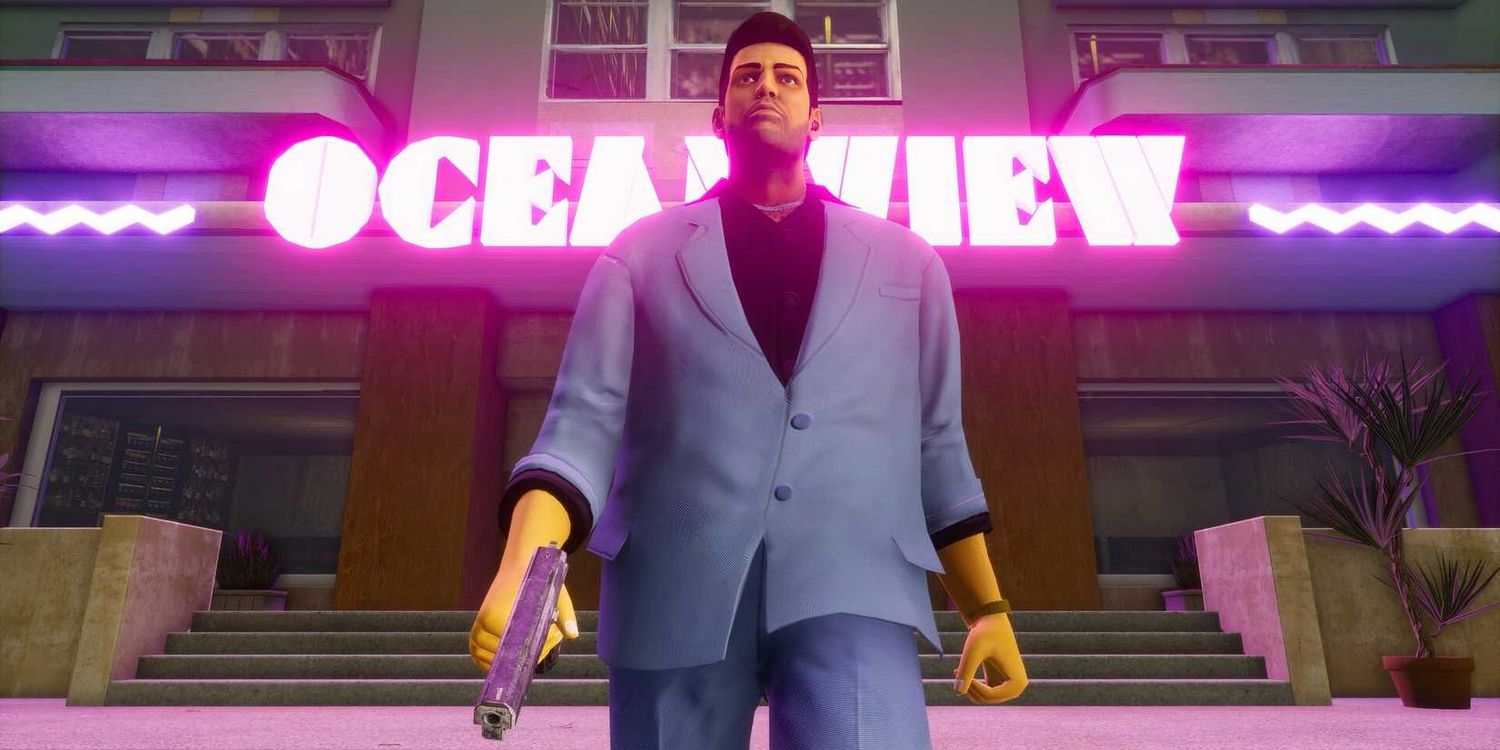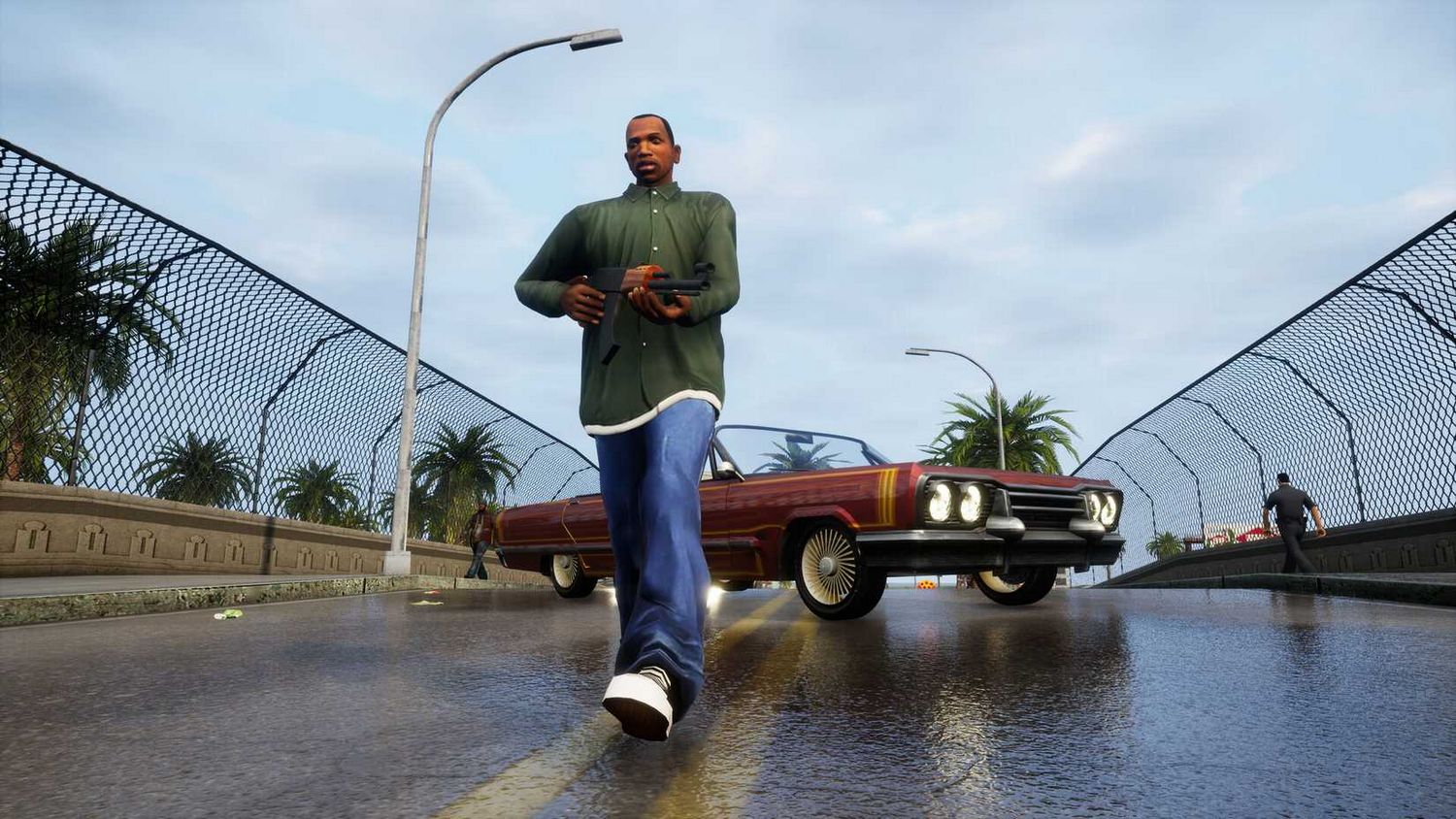University of Tennessee Announces College Course on Grand Theft Auto and American History
Popular Now
 Gacha Club
Gacha Club
 Valorant
Valorant
 Poppy Playtime
Poppy Playtime
 R.E.P.O
R.E.P.O
 Grand Theft Auto V
Grand Theft Auto V
 Fall Guys
Fall Guys
 Brawl Stars
Brawl Stars
 Call of Duty
Call of Duty
 Fortnite
Fortnite
 Auto X Drift Racing 3
Auto X Drift Racing 3 
In a fascinating and groundbreaking development for academia, a major U.S. university has revealed a new college course that will use the Grand Theft Auto series as a lens to explore modern American history. The University of Tennessee in Knoxville is set to offer a class titled “Grand Theft America: U.S. History Since 1980 through the GTA Video Games,” taught by history professor Tore Olsson. The course, which is scheduled to begin in January 2026, marks a significant moment in the academic world’s growing recognition of video games as a valid and powerful medium for historical and cultural study. This innovative approach is generating immense buzz and is a testament to the cultural impact of Rockstar Games’ iconic franchise.
Professor Olsson, who previously taught a popular course on American history through the Red Dead Redemption series, is no stranger to using video games as a teaching tool. His previous class was lauded for its ability to engage students with a more accessible and interactive approach to learning history. With the new GTA class, he aims to do the same, using the series’ satirical, yet often eerily accurate, depictions of American life to facilitate discussions on real-world events, politics, and social issues since the 1980s. The course syllabus is expected to cover a wide range of topics, including the war on drugs, the rise of corporate greed, media sensationalism, and post-9/11 security culture, all framed through the fictional worlds of Liberty City, Vice City, and Los Santos.
 A Deep Dive into the Curriculum
A Deep Dive into the Curriculum
The “Grand Theft America” course is designed to be a serious academic endeavor, not a simple gaming session. Professor Olsson has clarified that students will not be required to own or play the games themselves. Instead, the class will use curated video clips, in-game radio broadcasts, and other media from the series as case studies. The curriculum will focus on the following key areas:
- The 1980s and Vice City: The course will explore the social and cultural shifts of the 1980s, including the rise of excess, consumerism, and the drug trade. Students will use the vibrant and satirical world of Grand Theft Auto: Vice City to analyze real-world events and their representation in popular culture.
- The 1990s and San Andreas: A major focus of the class will be the fictional Los Santos of 1992, as depicted in Grand Theft Auto: San Andreas. The game’s climactic urban riot will be used as a springboard for a deeper examination of the real-life 1992 Los Angeles riots and the broader issues of police brutality, racial tensions, and social inequality in America.
- Modern America and GTA V: The curriculum will also cover the more recent entries, particularly Grand Theft Auto V, to discuss modern topics such as the 2008 financial crisis, the influence of social media, and the pervasive surveillance culture. The game’s satire of corporate greed and celebrity culture will serve as a powerful tool for critical analysis.
- GTA VI and the Future: While the course was initially planned to include the highly anticipated GTA VI, its recent delay to May 2026 means the class will proceed without it. However, Professor Olsson has expressed his intention to update the curriculum to include the new game in future semesters, ensuring the course remains relevant and up-to-date.
 Why Academia is Embracing Video Games
Why Academia is Embracing Video Games
This is not an isolated incident but part of a growing trend in higher education to acknowledge the cultural and historical significance of video games. Just as film, television, and music have long been studied in academic settings, games are now being recognized for their ability to reflect and shape society. The immense popularity and cultural influence of the Grand Theft Auto series, in particular, make it a perfect subject for this kind of study. The series’ sharp social commentary and historical accuracy, while often exaggerated for comedic effect, provide a unique and compelling lens for examining complex societal issues. This academic recognition also signals a shift in public perception, moving video games from a mere pastime to a legitimate art form worthy of serious intellectual consideration. For the gaming industry, this is a major validation of their work and a powerful source of positive press and high-CPC keywords.
The course is expected to be incredibly popular, drawing students from various disciplines, including history, sociology, and media studies. The move highlights the creative ways that educators are engaging with new media to make learning more relevant and exciting for the next generation of students. It’s a bold experiment that has the potential to reshape how we view video games and how we teach history.









 A Deep Dive into the Curriculum
A Deep Dive into the Curriculum Why Academia is Embracing Video Games
Why Academia is Embracing Video Games